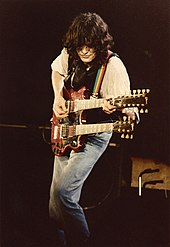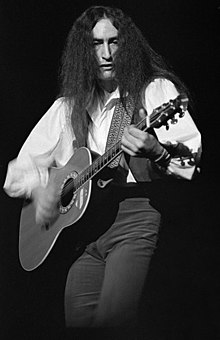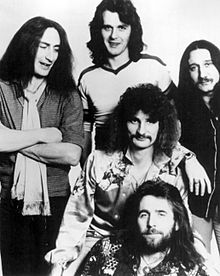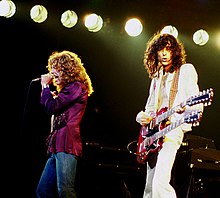Ex-Lone Star John Sloman was brought in, a younger singer who played keyboards and guitar and was, in the words of Box, "...an all rounder." But almost instantly, Lee Kerslake departed, after a row with Bron, whom the drummer accused of favouritism towards Hensley's material. Several tracks of the next album had to be re-recorded with a new drummer, Chris Slade (of the Manfred Mann's Earth Band). Conquest LP was released in February 1980 and received 5 stars from Record Mirror, but, according to Box, "was a difficult album to record" and represented "a confused Heep," even "a mess" (in the words of Trevor Bolder). The band went on the 10th Anniversary Tour with Girlschool as support and attracted respectable crowds. Hensley was very unhappy, primarily with Sloman, and he explained why:
A meeting at the manager's office concerning the songwriting dissent was the last straw and, in September 1980, Hensley quit. Gregg Dechert, a Canadian who had worked with Sloman in Pulsar, came in and the band went on a 23-date tour of the UK. After that Sloman left, citing musical differences for a reason. He would later go on to work with UFO, Gary Moore and Robert Palmer. Hensley's acrimonious departure left the group in a state of collapse. Box and Bolder visited David Byron with attractive propositions. "We couldn't believe it when he said he didn't want to know," the guitarist remembered. Bolder, who by that time, "...had had enough of Gerry Bron and the management," decided to join Wishbone Ash. When Dechert left, Uriah Heep were down to just Mick Box with the name and contract.
















